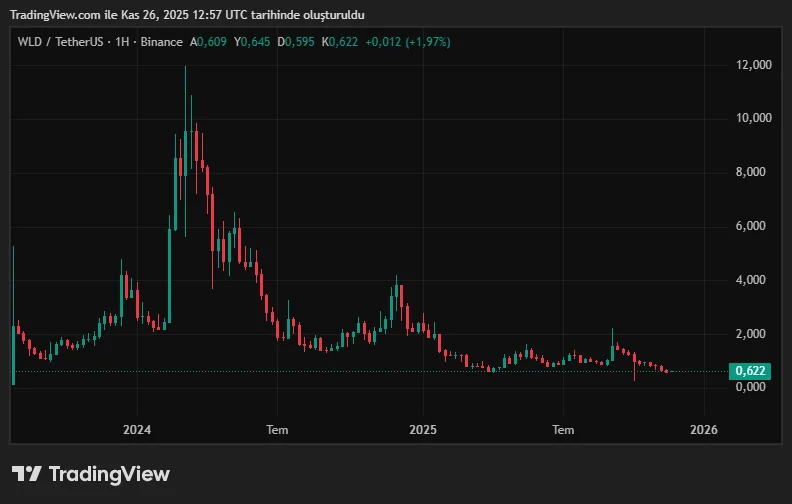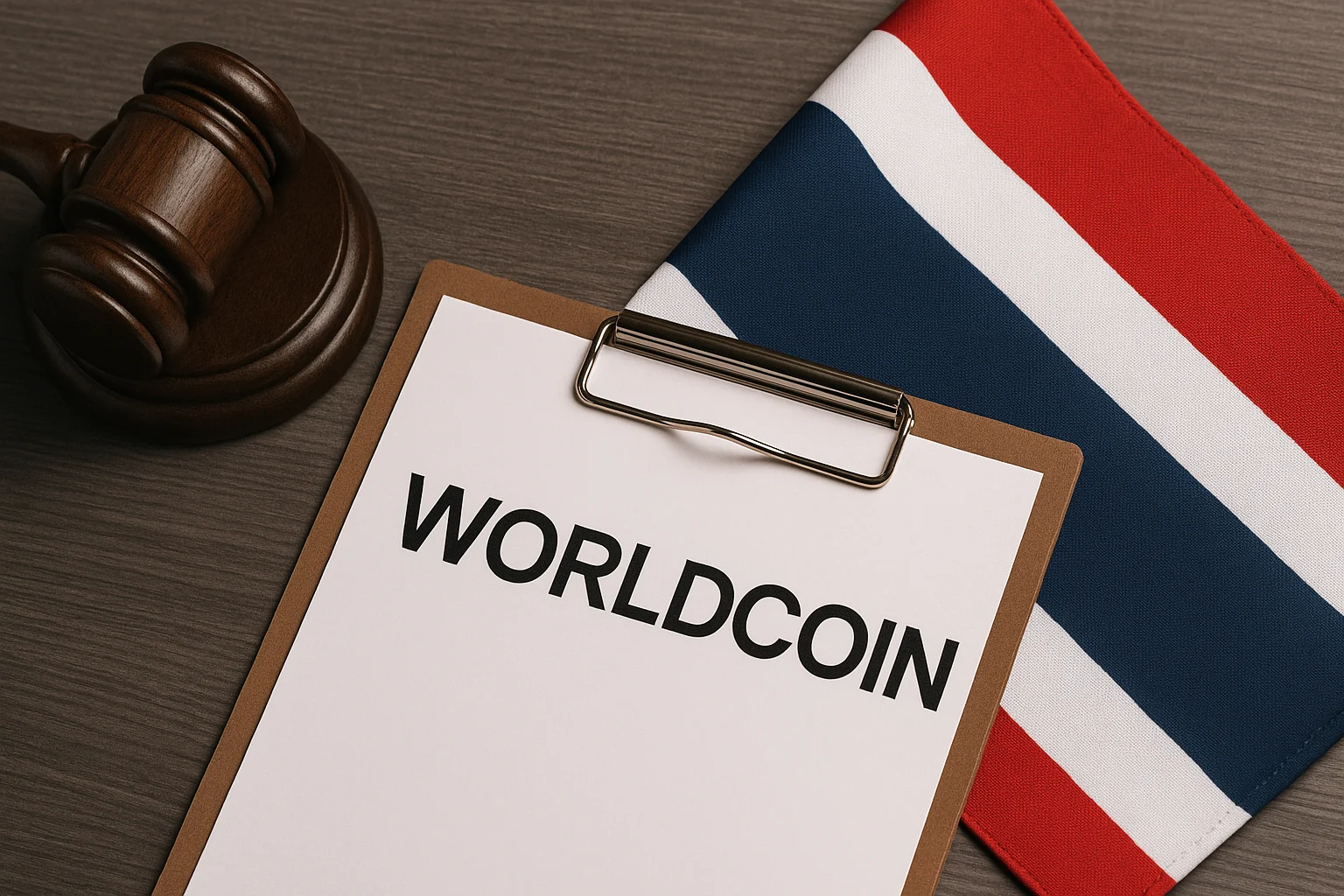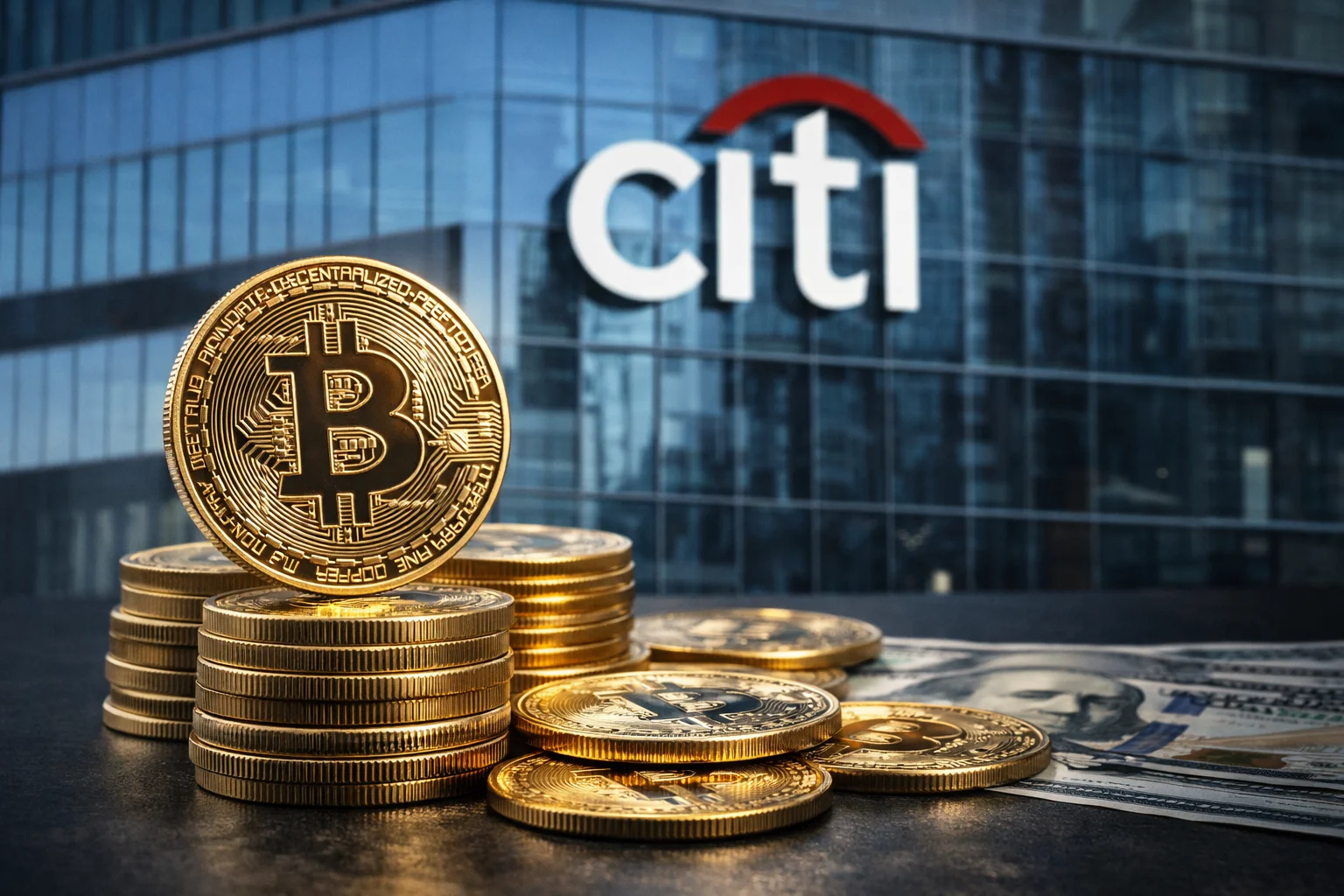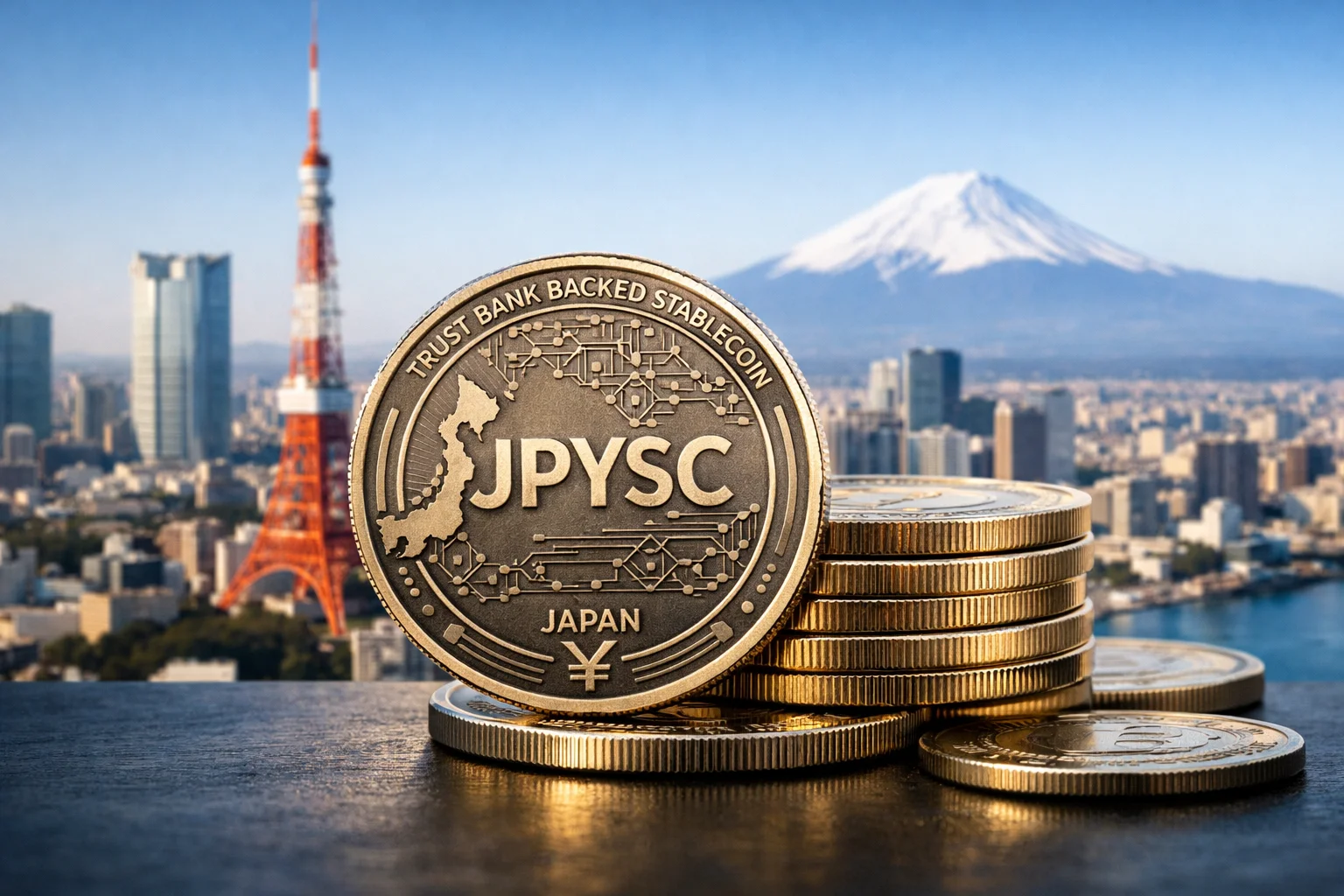Thailand has taken one of the harshest actions yet against the Sam Altman-backed digital identity project World (formerly Worldcoin). The country's Personal Data Protection Commission (PDPC) determined that World's collection of biometric data from Thai users was illegal and ordered the company to halt data collection and permanently delete the iris data of 1.2 million people.
The reasoning behind the decision is clear. According to the PDPC, World collected citizens' iris data in exchange for crypto tokens, in violation of Thailand's Personal Data Protection Act (PDPA). Commission Deputy Secretary-General Pol Col Suraphong Plengkham stated that the measures were necessary to prevent data leaks and the misuse of sensitive information.
According to authorities, the process by which the iris data was collected was not transparent, and there were strong suspicions that the data was being sold or transferred to third parties. This put World's Thailand operation directly under the government's radar.
102 Orb nodes, a large market, and the sudden halt
World Network is a digital identity project developed by Tools for Humanity (TFH). It offers a World ID based on an iris scan to prove people are human. Those who verify their identity are issued WLD tokens. Thailand was one of the company's largest markets in Asia; the country had a total of 102 Orb scanning locations.
TFH's Thai unit, TIDC, suspended its identity verification services at the behest of the PDPC. However, the company maintains that the decision was unfair. A source speaking to the Bangkok Post stated that the government had not contacted users before the data deletion decision, and that people were earning income each month through iris scans. According to the source, deleting the data of 1.2 million people would result in an economic loss of approximately 1 billion baht.
At the time of writing, the value of one WLD token is approximately $0.62.

Raid, Detentions, and Licensing Crisis
The PDPC decision follows a major operation in October. The Securities and Exchange Commission (SEC) and the Cyber Crime Bureau (CCIB) of Thailand raided a Worldcoin exchange located next to a biometric registration area. The operation allegedly offered unlicensed digital asset services; some employees were detained.
Licenses are mandatory for digital asset businesses in the country. Companies violating these rules face up to five years in prison and a fine of 500,000 baht. If the operation continues, an additional fine of 10,000 baht per day is imposed.
M Vision CEO Opas Cherdpunt, however, has protested the decision. The company, which hosts the Orb devices, announced plans to bring a lawsuit against the data deletion order, gathering 500 people.
A growing list of bans worldwide
World has not been completely banned in Thailand, but its operations remain severely restricted. This brings the number of countries that have completely banned the platform to eight.
Most recently, Colombia immediately and permanently shut down the project weeks after World opened its largest physical headquarters in Bogota. Colombia's regulator, the SIC, mandated the deletion of all data, including iris patterns.
Spain, Germany, Indonesia, Brazil, and Kenya have also previously imposed heavy sanctions on the project. Brazil's data protection authority, the ANPD, had announced a daily fine of 50,000 reais for non-compliance with the ban. In Kenya, a court ruled this year that the operations were completely illegal.
The Thai government emphasizes that it supports the technology but that "personal data protection laws will be applied in all circumstances." This suggests that World is entering a very difficult period both in Thailand and globally.




